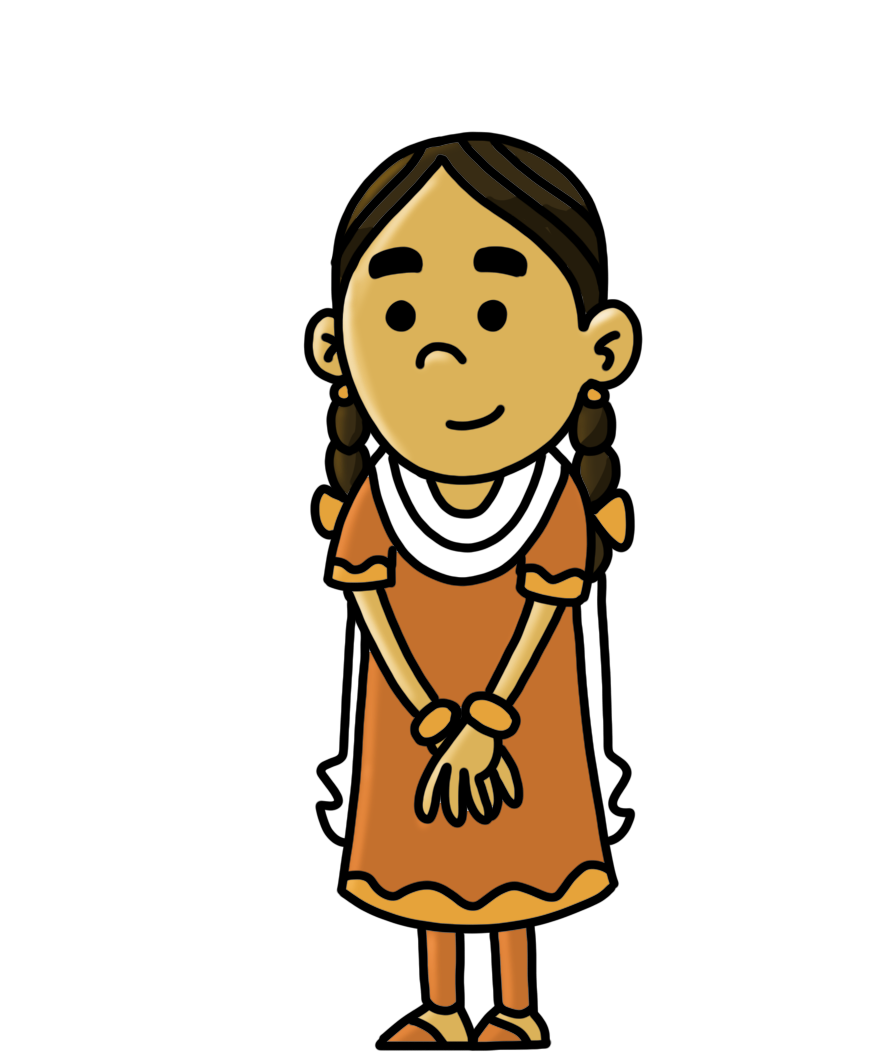Adoption under Non-Religious Law
Under the non-religious law on adoption,(( Juvenile Justice (Care and Protection of Children) Act, 2015.)) you(( Regulation 5, Adoption Regulations, 2017.)) must meet the following conditions to be considered as a prospective adoptive parent:
Health
- You must be physically fit i.e. you have no life threatening medical condition
- You must be financially sound, mentally and emotionally stable, and highly motivated to adopt a child for providing a good upbringing.
Marital Status
- Single Adoptive Parent: It does not matter if you are married or if you already have children i.e. a single/divorced/married person with a child can adopt a child. If you want to adopt a girl child, you must be a woman, as a single female can adopt both male and female children. However, as a single father, you cannot adopt a girl child.
- Married Adoptive Parent: In case of a married couple, both spouses must consent to the adoption. In case of a married couple, a married couple must have had at least two years of stable marital relationship.
Existing Children
Couples with three or more children shall not be considered for adoption except in case of children with special needs, children who are hard to place (who are not getting any referrals from a long time), and relative adoption and adoption by step-parent.
Age
The minimum age difference between the child and either of the prospective adoptive parents must be at least 25 years.
- The combined age of prospective adoptive parents shall be counted for deciding their eligibility to apply for adoption of children from different age groups, except in cases of relative adoption and adoption by step-parent. See table below to understand whether you are eligible to adopt a child from different age groups.
| Age of the child | Maximum combined age of the adoptive parents (couple) | Maximum age of single adoptive parent |
| Upto 4 years | 90 years | 45 years |
| Above 4 and upto 8 years | 100 years | 50 years |
| Above 8 and upto 18 years | 110 years | 55 years |
Adoption under the Hindu Law
Under the Hindu law on adoption,(( Hindu Adoption and Maintenance Act, 1956.)) you must meet the following conditions to be considered as a prospective adoptive parent.
As a male or female Hindu, you can adopt a male or female Hindu child. A male Hindu adopting a female child must be at least 21 years older to her. Similarly, a female Hindu adopting a male child must be at least 21 years older to him For adopting under the HAMA, you should meet the following criteria:(( Sections 7 and 8, Hindu Adoption and Maintenance Act, 1956.))
Age
- You must be a major person (above the age of 18) and of sound mind.
Marital Status
- Married Adoptive Parent: If married, you should have the consent of your living wife/wives, or husband, unless your spouse is of unsound mind or has renounced the world or is not a Hindu anymore. In case of one wife, she will be considered as an adoptive mother, and in case of multiple wives, the senior-most wife will be considered as the adoptive mother while the others will be step-mothers.
- Single Adoptive Parent: If unmarried or widowed, you may adopt a child, and any man/woman you marry subsequently will be considered the step-father/step-mother.
Existing Children
- If you are adopting a girl, you must not have a living Hindu daughter or granddaughter (biologically or by adoption), and if you are adopting a boy, you must not have a living Hindu son, grandson or great-grandson (biologically or by adoption).

